Odyssey House NSW acknowledges the importance of having first nation people being central in any discussions around recognition, reconciliation, feeling valued and respected.
Reconciliation Australia’s RAP Framework provides organisations with a structured approach to advance reconciliation. There are four types of RAPs that an organisation can develop – Reflect, Innovate, Stretch, Elevate – each designed to suit an organisation at different stages of their reconciliation journey.
Odyssey House NSW is embarking on a foundational-level Reflect RAP which includes practical actions to help drive our contribution to reconciliation and communities in which we operate.
Committing to a Reflect RAP allows Odyssey to
- Scoping and developing relationships with Aboriginal and Torres Strait Islander stakeholders
- Deciding on our vision for reconciliation
- Establish an effective governance structure, including RAP Working Group
- Build understanding of who, how, why and when to seek guidance and consultation
- Prepare business cases to senior leaders for future reconciliation initiatives
- Exploring our sphere of influence.
This process will provide the solid foundations to ensure our future RAPs are meaningful, mutually beneficial and sustainable.
Odyssey supports and drives inclusion across its workforce and recognises the unique skills, knowledge and insight individuals contribute to the workforce. This RAP will be designed to build internal awareness, understanding and cultural competency for all Odyssey staff to improve the way Odyssey works both internally and externally.
As part of this RAP, Odyssey will establish its first Aboriginal and/or Torres Strait Islander External Advisory Panel, to provide guidance, support, cultural knowledge, cultural safety and advice throughout our reconciliation journey.
We are passionate about promoting and facilitating reconciliation between the wider Australian community and first nations people and our commitment to improving the health outcomes for all Aboriginal and Torres Strait Islander peoples.
We will continue to work with the Aboriginal and Torres Strait Islander clients, children and families we support. Thank you also to our staff for their commitment to support Aboriginal and Torres Strait Islander people on their healing journeys. In the upcoming year we will be consulting more broadly with Aboriginal and Torres Strait elders and community to continue to strengthen and deepen our relationships so that this plan can be a living document for all people connected with Odyssey House NSW and all our staff.
Acknowledgement of Country and Traditional Owners
Odyssey House NSW acknowledges the Traditional Owners of Country throughout Australia, and
their continuing connection to land, sea and community. We pay our respects to them and their cultures, and to Elders past, present and emerging.
Traditional Owner’s of the land in which we work
Dharawal People
The Dharawal people, also spelt Tharawal are the Traditional Owners of the land on which our Campbelltown, Eagle Vale and Ingleburn office is located. The traditional lands of the Dharawal people stretch more than 1200km south of Sydney Harbour, through Georges River, Botany Bay, Port Hacking and south beyond the Shoalhaven River to the Beecroft Peninsula. Their inland extent reaches Campbelltown and Camden
Dharug People
The Dharug or Darug people are the Traditional Owners of the land on which our Liverpool, Blacktown and Penrith office is located. Darug land is from the Blue Mountains in the west to the sea in the east, from the Hawkesbury river in the north to Appin in the south.
Gadigal People
The Gadigal people of the Eora nation are the Traditional Owners of the land on which our Sydney head office is located. The traditional lands of the Gadigal stretch more than 700km from South Head to Petersham to Cooks river in the south.
Garigal People
The Garigal people are the Traditional Owners of the land that stretches from Forest Way in the west, to Narrabeen Lagoon in the east and Mona Vale Road in the north to Frenchs Forest in the south where our Narrabeen hub is located.
Gayamaygal People
The Gayamaygal people are the Traditional Owners of the land on which our Manly office is located that that stretches from Forest Way in the west, to Narrabeen Lagoon in the east and Mona Vale Road in the north to Frenchs Forest in the south where our Narrabeen hub is located..
GuriNgai People
The Traditional Owners of the lands of Hornsby Shire (Also Darug) and Manly are the GuriNgai peoples. Kuringgai (also spelled Ku-ring-gai, Kuring-gai, Guringai, Kuriggai). The location of our Hornsby and Manly office are located. To begin I would like to acknowledge all Aboriginal peoples and the traditional custodians of these lands. I also acknowledge my gratitude that we share this land today. I would like to pay my respect to the knowledge holders of Aboriginal culture; including Elders past, present and future.
